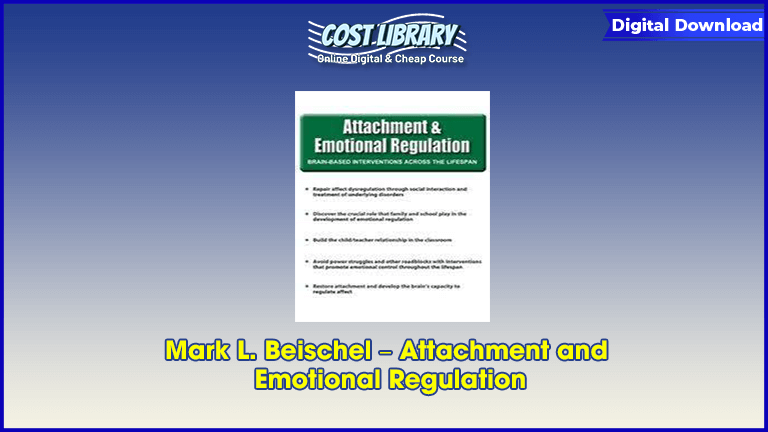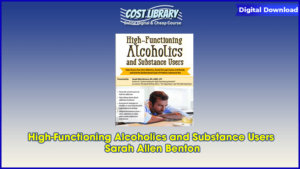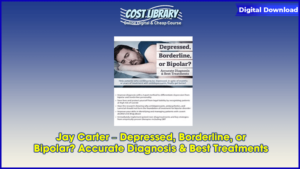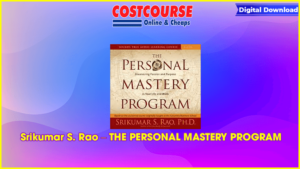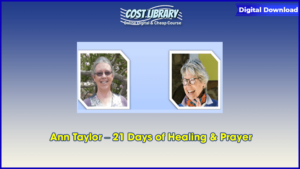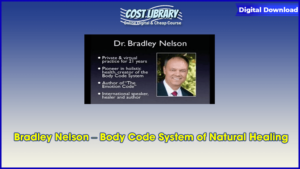Faculty:
Mark L. Beischel
Duration:
5 Hours 41 Minutes
Format:
Audio and Video
Copyright:
May 29, 2015
Mark L. Beischel – Attachment and Emotional Regulation
Description
Affect Regulation and the Developing Brain
Mental health professionals, educators, and parents are often confronted with children, adolescents, and adults who either show no affect or inappropriate affect in social situations. A good body of research, starting with the work of John Bowlby and Mary Ainsworth, now suggests that the capacity of affect regulation is developed very early in life. An infant’s ability to handle stressful changes in the external environment is developed by being exposed to regulation of the infant’s shifting arousal levels. When this does not happen, attachment is insecure and an unstable self-system develops with poor capacity to regulate affect.
This recording will address crucial issues relating to the neurobiological and cognitive bases of emotional regulation; how regulatory strategies are developed and used across the lifespan; social-psychological approaches; individual dissimilarities in emotion regulation tendencies; and implications for psychopathology, health, and clinical interventions. Various ways to modify damaged affect regulation will be examined.
You will recognize the importance in looking at how family functioning can protect or insulate youths who are insecurely attached. Social interventions in culturally different families and the role of religion as a stable force in affect regulation will be addressed. Gain insight into clinical interventions in different mental disorders such as externalizing disorders, anxiety and mood disorders, chemical dependency, and PTSD. You will leave the recording with a clear picture of the rapidly growing field of emotional regulation.
Handouts
Manual – Attachment and Emotional Regulation (1.58 MB)
44 Pages
Available after Purchase
Outline
Attachment Research & Affect Regulation
Work of John Bowlby and Mary Ainsworth: attachment organization across the lifespan
Allan Schore’s affect regulation and the orbital-frontal cortex
Louis Cozolino’s work on attachment and the social brain—the healing relationship
Neuropsychological Bases of Emotional Regulation
Prefrontal—amygdala interaction
Neural basis
Neural architecture
Genetics
The Role of Cognitive Processes in Mood Regulation
Prefrontal cortex and the executive functions
Explanatory style and emotional regulation
Affect regulation and forecasting
Conflict monitoring and emotional regulation
Parenting and Family Functioning
Parenting influences in early development
Attachment and the evolution of families
Socialization and emotional regulation in the family
Nancy Eisenberg’s effortful control
Emotional regulation and the aging brain
Individual Differences
Temperament
Individual differences and emotional control
Intelligent emotional regulation
Emotions and self-regulation
Social Interventions
Proximity and touch in infant and early childhood treatment
Non-conscious regulation
Adult attachment strategies
Interpersonal regulation
Emotional regulation and the role of religio
Development of Affect Dysregulation
Attachment theory
Avoidant response
Ambivalent response
Disorganized response
Secure response
Development of insecure attachment through the life span
Early childhood behaviors
School age behaviors
Adolescent behaviors
Adult behaviors
Measurement of secure and insecure attachment
RADQ (Randolph Attachment Disorder Questionnaire)​
IPPA (Inventory of Positive Psychological Attitudes)
TABS (Trauma and Attachment Belief Scale)
Projective testing—play therapy model
Inconsistent parenting
Vulnerability of insecurely attached
At risk children
Protective influences
Clinical Interventions
PTSD and emotional regulation
Allan Schore’s application of self-psychology in repairing affect regulation
Methods to avoid the power struggles
The power of praise vs. acknowledgment
Emotional regulation in externalizing disorders in children and adolescents
ADHD
ODD
Conduct disorder
Chemical dependency and affect regulation
Marsha Linehan’s dialectical behavior therapy and emotional regulation
Techniques for the school setting
Techniques to enhance relationships between teachers and kids/teens
Educational strategies to help kids focus and stay on task
Effective behavior modification techniques to reduce angry outbursts at school
Attachment based family therapy for adolescents
Mindfulness, relaxation response
Psycho-Pharmaceutical Interventions: Indications and Contraindications
Stimulants
Antihypertensives
Antipsychotics
Case Studies
Faculty
Mark L. Beischel, EdD, Related seminars and products: 2
Mark L. Beischel, EdD, is licensed psychologist, professor, speaker, and author with over 40 years of experience working with children and adults in a variety of clinical settings. Although technically “retired†from his post as Professor of Psychology in the Schools of Education and Professional Studies at Peru State College, he continues to teach brain-based graduate courses there as an adjunct professor. Over the years, he has also provided clinical services in the Nebraska State Penitentiary, psychiatric hospitals, and private practice. Dr. Beischel has presented at numerous national and international conferences, and authored multiple books as well as articles in the Journal of Counseling and Development, the American Personnel and Guidance Journal, and Teaching of Psychology.
Speaker Disclosures:
Financial: Mark Beischel is an adjunct professor for Peru State College. He receives a speaking honorarium from PESI, Inc.
Non-financial: Mark Beischel is a member of the American Psychological Association; and the Nebraska Psychological Association.

